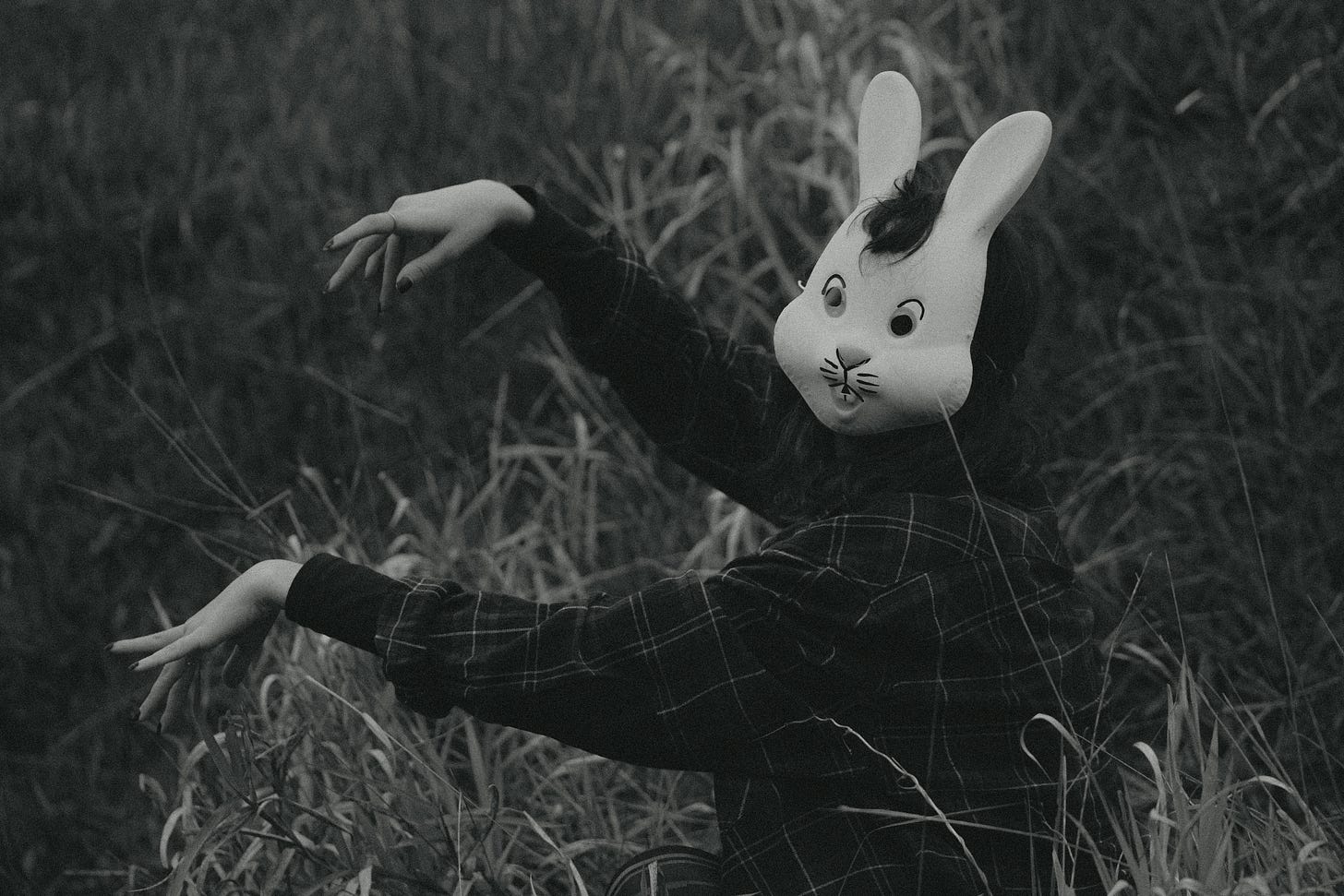
I recently endured some conflict in my personal life, and it caught me off guard, like an arrow out of nowhere. "I should’ve known better." "How could I let it happen?" "You let your guard down." "Shame on you." This "scold" coping mechanism isn't useful if you aren't providing these questions with insightful, compassionate, and creative answers. It's about more than just feeling; it's about thinking and feeling creatively to find new ways through. As Julia Cameron says in The Artist's Way, 'Get out of the way, let it work through you.' Can you separate yourself from your experience in a way that allows you to see it anew? Creatively, yes, you can.
I, for one, have always been an excellent caterer of narcissistic personalities. I want them to love me and accept me, and since they trick people into believing this is possible, I feel good and fulfilled, until they prove me wrong. I’m just there for them to see or say something about themselves. It's impossible for them to see other people except through their own self-image. I disappear in a gale of mirrors. It hurts and it's messed up, but it's also just trauma. Can I have a relationship with a narcissist? Yes, if I can creatively manage my expectations and innovate new ways to protect myself.
A way of being
Creativity has many facets and faces throughout our lives. Yet, in Western thinking, we often define it solely at the level of craft – painting, writing, acting, singing. We tend to view creation as simply producing something separate from ourselves, as if we're manufacturing a "thing" on our own terms. But creativity is more expansive. It's not just about producing; it is a way of being in the world – a conscious act of allowing new paths and solutions to emerge.

The difficult
In adult life, there are the standard "hard to endure" situations, like rejection from a partner, attending funerals, or facing debt. And then there are particular kinds of difficult situations, which are, so to speak, tailored to your personality, your experience of life, or your own trauma. This is the trickier kind.
The trigger response
Let's say a dog barks infinitely through the night. It's annoying for everyone, but it hurts particularly if it reminds you of a painful childhood memory – your parents fighting through the barking, the image of your childhood dog on a rooftop while rain pours down. It doesn't have to be the lord of all traumas; it can be smaller than you allow yourself to think, like a toothache. The very sound can trigger an emotional response that feels beyond your control. This response may seem disproportionate or unfair to others. But does it mean you are selfish, bad, or unfair? No. It means you have a Pavlovian response to that trigger. Here’s where creativity steps in: instead of judging yourself, allow yourself to feel what you feel. Embrace the rage, the shame, the inexplicable sense of rejection. By bringing creative awareness to this feeling, you move beyond judgment. You can then treat yourself compassionately, forgiving yourself for past reactions, and finding clever, kind ways to self-regulate. This mindful, creative acceptance is the first step to rewriting your response to a dog barking through the night.
The compounded response
Let's say you've accumulated resentment with a parent, a lifelong difficult relationship. You don't want these difficulties to govern your present relationship, so you decide to be rid of it by saying: "I will not feel this way, period." You've done a lot of work on yourself and you feel ready. Then you go about it freely like a spring butterfly, flapping your wings and engaging. Suddenly, it catches you off guard. You are treated like a child in a sensitive moment and it brings back every and all past times that this has happened. You are attacked on your character. It blows away your plan for a sudden, healthy relationship. Does this make you or the other person horrible? No. It simply means your strategy, however well-intentioned, didn't work. You can't simply command feelings away. So, how can you navigate this situation? Through processing feelings creatively. This means allowing yourself time and space. It means consciously inviting new thinking around an old, ingrained problem. Perhaps it means finding a creative path to internal forgiveness, not just for the other person, but for yourself.
Creative weirdness
The tailored kind of difficulty is all about the delicate chemistry of our particularity. My reactive ingredient, for instance, might be explosive to your specific way of telling me to 'do this or that differently' – kaboom! Can you recover from this? The key is to shake off the rush to 'get it right' immediately. Instead, allow some creative weirdness into the process. Wear a mask to do house chores. Embrace moments of joy, contrast, or even bizarre shifts in perspective – a long, aimless walk, a spontaneous need to hang out with friends . These aren't avoidance mechanisms; they are creative detours that allow you to arrive at the place you need to be, to become the person you need to become, to approach the situation differently.






So true ❤️